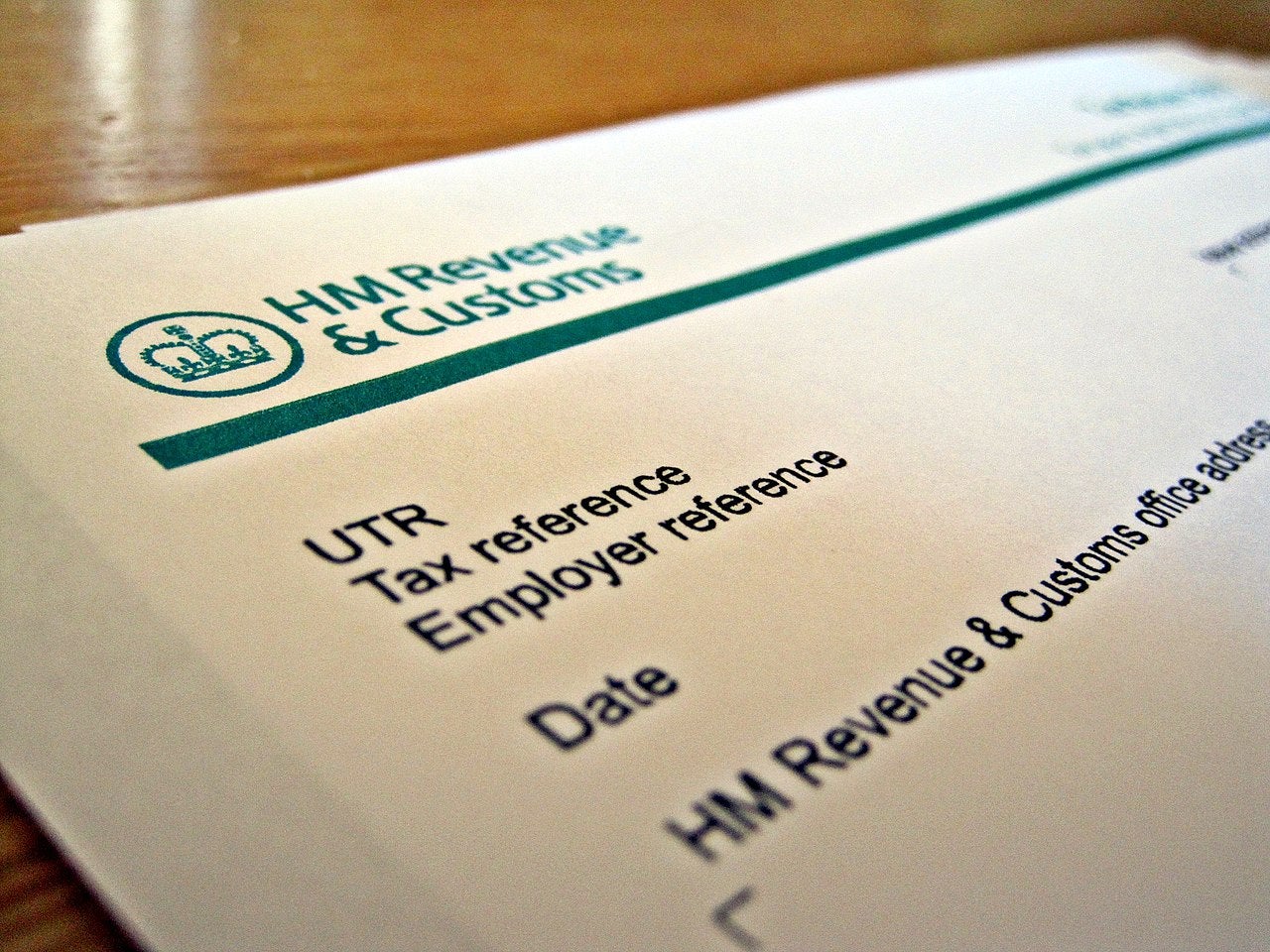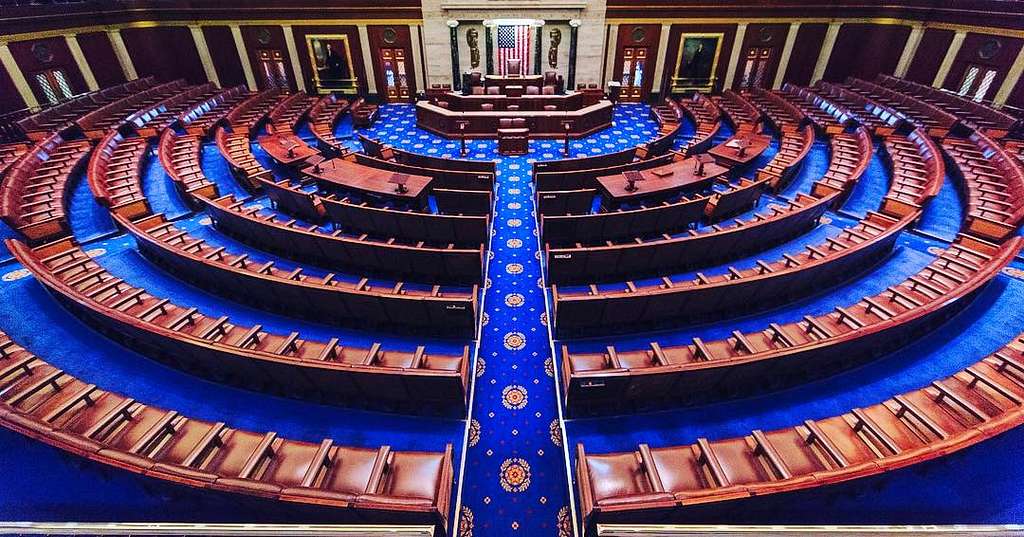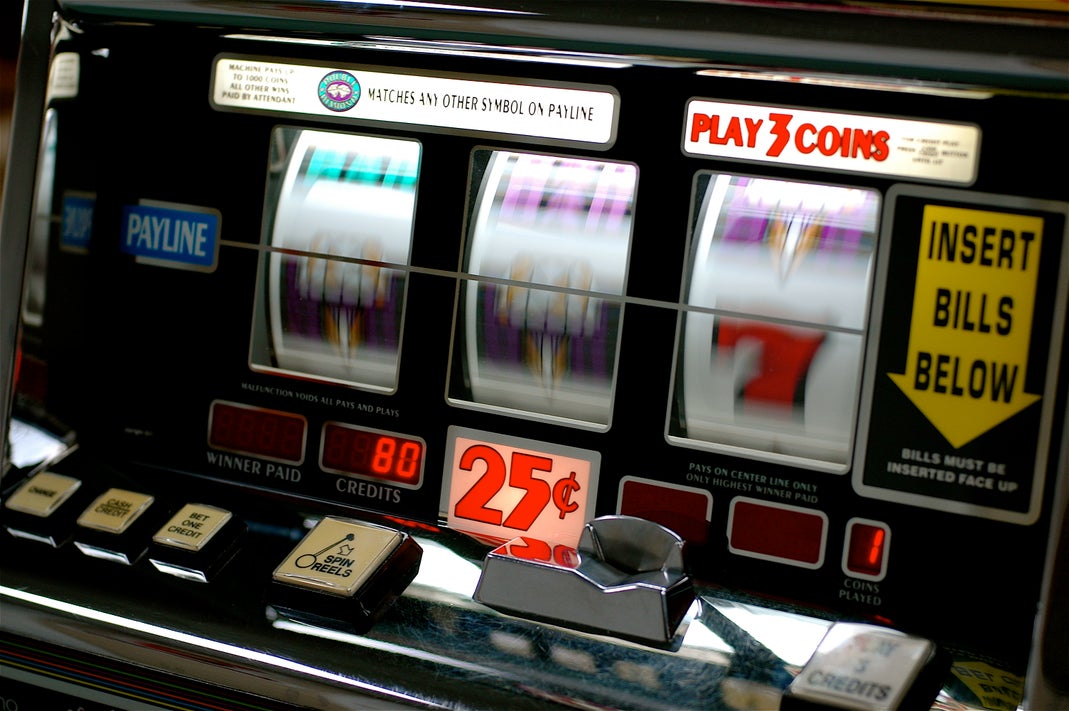What do the numbers say?
There are only three retail casinos in Delaware: Harrington Casino, Delaware Park, and Bally’s Dover.
All online operators are powered by BetRivers and Rush Street Interactive and are available through partnerships with the retail facilities.
The state regulator’s report revealed that Harrington Casino experienced the largest year-over-year loss, with its revenue declining 7.2 percent from $7.8 million to $7.2 million. Slots and table games took major hits, with the latter dropping by more than 25 percent year-over-year.
Delaware Park generated the highest amount of revenue at $15.1 million. However, it also reported a 4.3 percent decline on the amount it reported during the same period in 2024. Shoot machine revenue underwent the largest decline, dropping 5.9 percent from $13.8 million to below $13 million.
Bally’s Dover also faced an overall three percent decline, meaning that all three retail facilities were in the red comparatively. The facility still had the lowest underperformance, and table game revenue even increased from $1.1 million to $1.3 million.
iGaming to drive the gambling industry?
Delaware is one of only seven states that have legalized iGaming. Its revenue reports show that iGaming is quickly growing, mirroring its rise in nearby powerhouse New Jersey.
With sports betting legal in 39 states, one of which is the soon-to-launch Missouri market, the expansion of iGaming remains a lucrative target for many companies and stakeholders.
“I think that would be right for us as a growth engine, and I think you’ll see from the states that report the data… online casinos are three times the size of the sportsbooks,” Rush Street Interactive CEO Richard Schwartz said last week during Oppenheimer’s 28th Annual Technology, Internet & Communications Conference. “The excitement for this segment, and for our company, is that you only have (seven) U.S. states where it's legal, and represents only 12 percent of the U.S. population.
“I look at the states that have a larger deficit and ones that haven't legalized online casinos; ones that have sports betting are probably easier because you already have a regulatory framework set up,” said Schwartz. “I think states that are really heavy in the medicaid situation, there’s no way around it, you have to find incremental sources of revenue, and we’re sitting on the shelf as a very convenient, easy, reliable, consistent way of doing that.”
One of the next states to legalize online casinos could be Ohio, whose legislators have produced proposals to bring the gambling medium into the market.
However, Ohio Gov. Mike DeWine said that the state already has “enough gambling,” leaving its future in doubt.




































